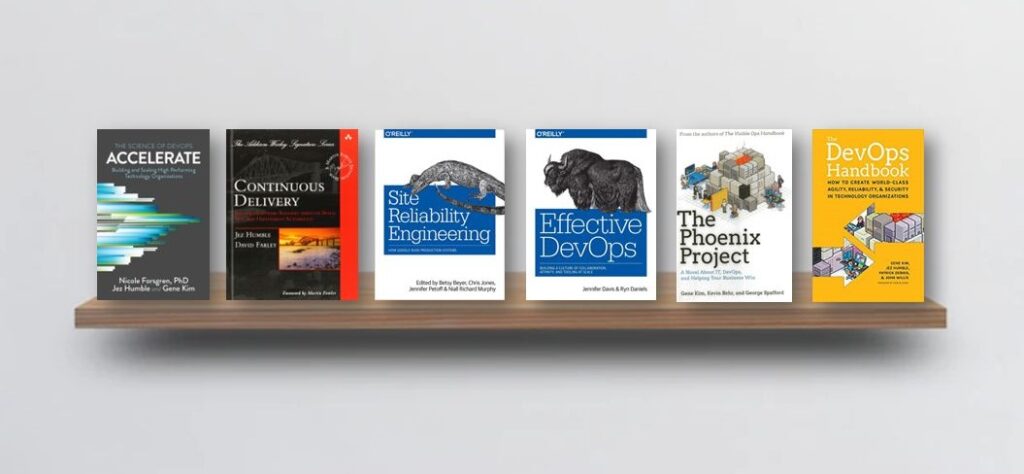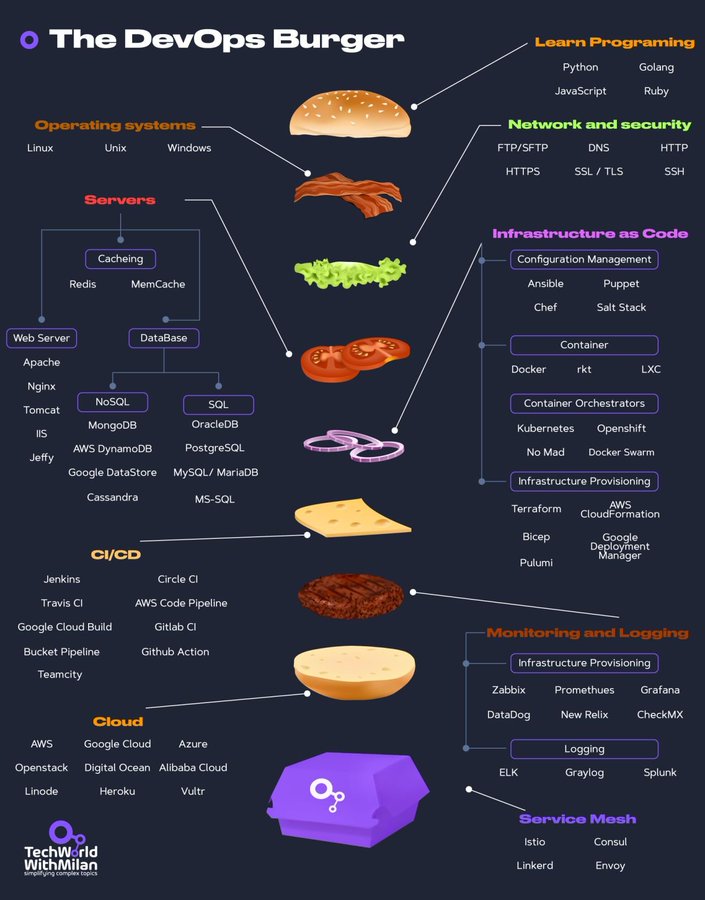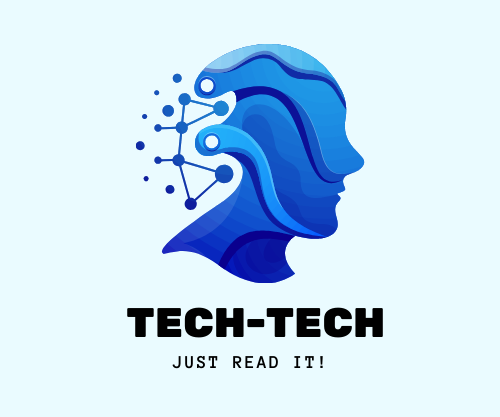In the ever-changing tide of today’s technological ecosystem, DevOps holds an important place in terms of efficient software development and deployment. With the view to creating a collaborative culture between development and operations teams, DevOps ensures that the delivery cycles of your products are faster, the quality of those products is improved, and your workflows are streamlined. So, if you want to have a career in DevOps or upgrade your existing set of skills, here is everything important to know in this comprehensible guidebook.
The DevOps Roadmap for 2025
The DevOps Roadmap for 2025 outlines a clear and structured path for anyone looking to become proficient in DevOps. Here’s how you can get started:
1. Learn Git
Git is the cornerstone of version control, enabling teams to track changes and collaborate seamlessly. Focus on:
- Basic commands
- Pull requests
- Branching and merging
2. Master One Programming Language
A solid foundation in programming is essential. Start with languages like:
- Python
- JavaScript
- Go
3. Learn Linux
Understanding Linux is crucial for server management. Key areas include:
- Shell commands
- File systems
- Networking and virtualization
4. Networking and Security
Learn the fundamentals of networking, including:
- DNS
- HTTP
- SSH
- Security tools and protocols
5. Server Management
Become adept at managing servers, including:
- Reverse proxy
- Caching servers
- Firewalls
6. Containers
Containers like Docker streamline application deployment. Focus on:
- Running containers
- Writing Dockerfiles
- Networking with Docker-Compose
7. Container Orchestration
Dive into Kubernetes to manage containerized applications at scale. Learn about:
- CLI commands
- Namespace configurations
- Deployment techniques
8. Infrastructure as Code
Modern DevOps relies heavily on automation. Study tools like:
- Terraform
- Ansible
- Service Mesh
9. CI/CD
Continuous Integration and Continuous Deployment (CI/CD) pipelines are at the core of DevOps. Explore:
- Jenkins
- GitHub Actions
- CircleCI
10. Monitoring and Observability
Maintaining system health requires effective monitoring. Learn tools like:
- Prometheus
- Grafana
- OpenTelemetry
11. Cloud Providers
Choose one cloud provider (AWS, Azure, or Google Cloud) and master:
- IaaS, PaaS, and SaaS
- Availability and management
- Design and implementation
12. Software Engineering Practices
Lastly, polish your engineering practices with skills like:
- Scrum
- Backlog management
- Communication and troubleshooting
DevOps Resources: The Best Books to Learn From

To solidify your understanding of DevOps, the following books are must-reads:
- Accelerate by Nicole Forsgren, Jez Humble, and Gene Kim – Learn about achieving high performance in software delivery.
- Continuous Delivery by Jez Humble and David Farley – Explore ways to automate and streamline software deployment.
- Site Reliability Engineering by Google – A practical guide to maintaining reliable systems.
- Effective DevOps by Jennifer Davis and Katherine Daniels – Tips on fostering collaboration and efficiency.
- The Phoenix Project by Gene Kim – A narrative that explains the principles of DevOps in an engaging way.
- The DevOps Handbook by Gene Kim, Patrick Debois, and others – Step-by-step instructions for implementing DevOps.
The DevOps Burger: A Visual Guide

The DevOps Burger infographic provides a layered representation of the skills and tools you need to master:
- Top Layer (Learn Programming): Start with Python, JavaScript, or Go.
- Networking and Security: Master DNS, SSL/TLS, and HTTP.
- Infrastructure as Code: Tools like Terraform and Ansible form the meat of DevOps.
- Monitoring and Logging: Use Prometheus and Grafana for effective observability.
- Cloud Providers and Service Mesh: Master cloud platforms and advanced tools like Istio and Envoy.
Conclusion
To become a DevOps expert in 2024, it requires commitment, continuous learning, and hands-on experience. Follow this roadmap, dive into recommended resources, and practice with industry tools to build a very strong career in DevOps.
It may seem like an overwhelming path, but each step readies you with en-vogue skills. Start small and be consistent; the difference it will make in developing and managing software will astonish.
